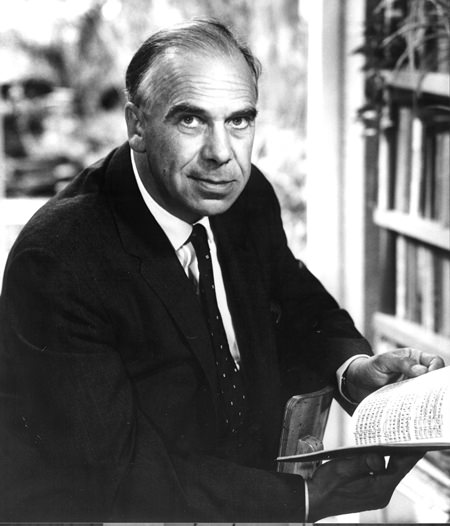
It is hard to believe that September is upon us once again. Marking the end of summer and the start of autumn (at least in Northern parts), it has always struck me as a rather melancholy month though not as melancholy as November, which in the northern hemisphere can be downright depressing.
September is the start of the academic year in many countries, in which children and teachers traipse sometimes unwillingly, back to school after the long summer holidays. The month derives its name from the Latin word septem (seven) and so it should really be the seventh month rather than the ninth. And of course it originally was, until the Romans decided to add January and February to the start of the calendar thus confusing everyone including themselves. Before then, the first month of the year had been March.
In Charlemagne’s calendar September was called “harvest month” and in most northern hemisphere vineyards, grapes are harvested throughout September. The month used to have a similar name (Herbstmonat) in Switzerland and the Anglo-Saxons called it Gerstmonath (barley month) because barley was their main crop.
This year, 1st September will bring a close visit of an asteroid charmingly known as Florence. It’s almost three miles in diameter and its path is only four million miles away. This sounds uncomfortably close but don’t be alarmed because that is eighteen times the distance from the earth to the moon. So we should be alright – in theory, at least. And yes since you asked, the asteroid was named after Florence Nightingale. It would have added a pleasing symmetry to tell you that she was born in September, but she wasn’t. And for that matter, neither was I.
Neither was the German composer Kurt Weill who wrote September Song which first appeared in the 1938 Broadway musical production Knickerbocker Holiday. The song, which laments the passing of youth, appeared again in the 1950 film September Affair and has since become a popular standard. Oddly enough, few classical composers wrote music inspired by September. The only work I can dredge up at this stage of the week is Richard Strauss’s hauntingly beautiful September from his “Four Last Songs”. But perhaps you have a better memory than me.
Joseph Kosma (1905-1969): Autumn Leaves, arr. Toru Takemitsu. Ébène String Quartet (Duration: 05:28; Video: 480p)
The Hungarian-French composer Joseph Kosma is little-known these days but he was something of a child prodigy who wrote his first opera at the age of eleven. As an adult during the occupation of France in World War II, Kosma was placed under house arrest and for some reason was banned from composition. Despite this setback, he managed to covertly write the music for many movies during the fifties.
One of his best-known popular songs is Les feuilles mortes (Autumn Leaves) which dates from 1945 but rose to fame five years later in the eponymous 1956 film starring Joan Crawford. It has become a classic of the genre. This version is especially interesting because the song has been arranged by the celebrated classical Japanese composer Toru Takemitsu.
Takemitsu seemed to have a natural ability to manipulate instrumental and orchestral timbres and was greatly influenced by the French composers Debussy and Messiaen. In Takemitsu’s beautiful and imaginative arrangement for string quartet, you can clearly hear Debussy’s influence. Takemitsu weaves threads of melody and gradually the song emerges from the rich harmonic sonorities. He has virtually created a new composition in which there’s a telling sense of melancholy.
William Alwyn (1905-1985): Autumn Legend. Rebecca Van de Ven (cor anglais) Sewanee Summer Music Festival Chamber Ensemble. (Duration: 13:21; Video: 720p HD)
William Alwyn (AHL-winn) has sadly become one of England’s forgotten composers though with his legacy of fine music he could just be waiting to be re-discovered. He studied flute and composition at London’s Royal Academy of Music and later returned there as a professor of composition, a position which he held for nearly thirty years. He was also a flautist in the London Symphony Orchestra but he’s especially associated with film music because during his lifetime he wrote nearly two hundred film music scores.
Few people realise that Alwyn also wrote five symphonies and four operas along with several concertos and string quartets. As if that weren’t enough, he was also a poet and an artist. He couldn’t have had much spare time on his hands.
Autumn Legend dates from 1954 and is scored for cor anglais and small string orchestra. This expressive work also has a Debussy-like impressionist feel to it and the dark, plaintive tone-colour of the cor anglais, superbly played by Rebecca Van de Ven, brings to mind that other evocative but somewhat gloomy work by Sibelius, The Swan of Tuonela. And in case you’re wondering, Sibelius wasn’t born in September either.
 |
 |
 |





